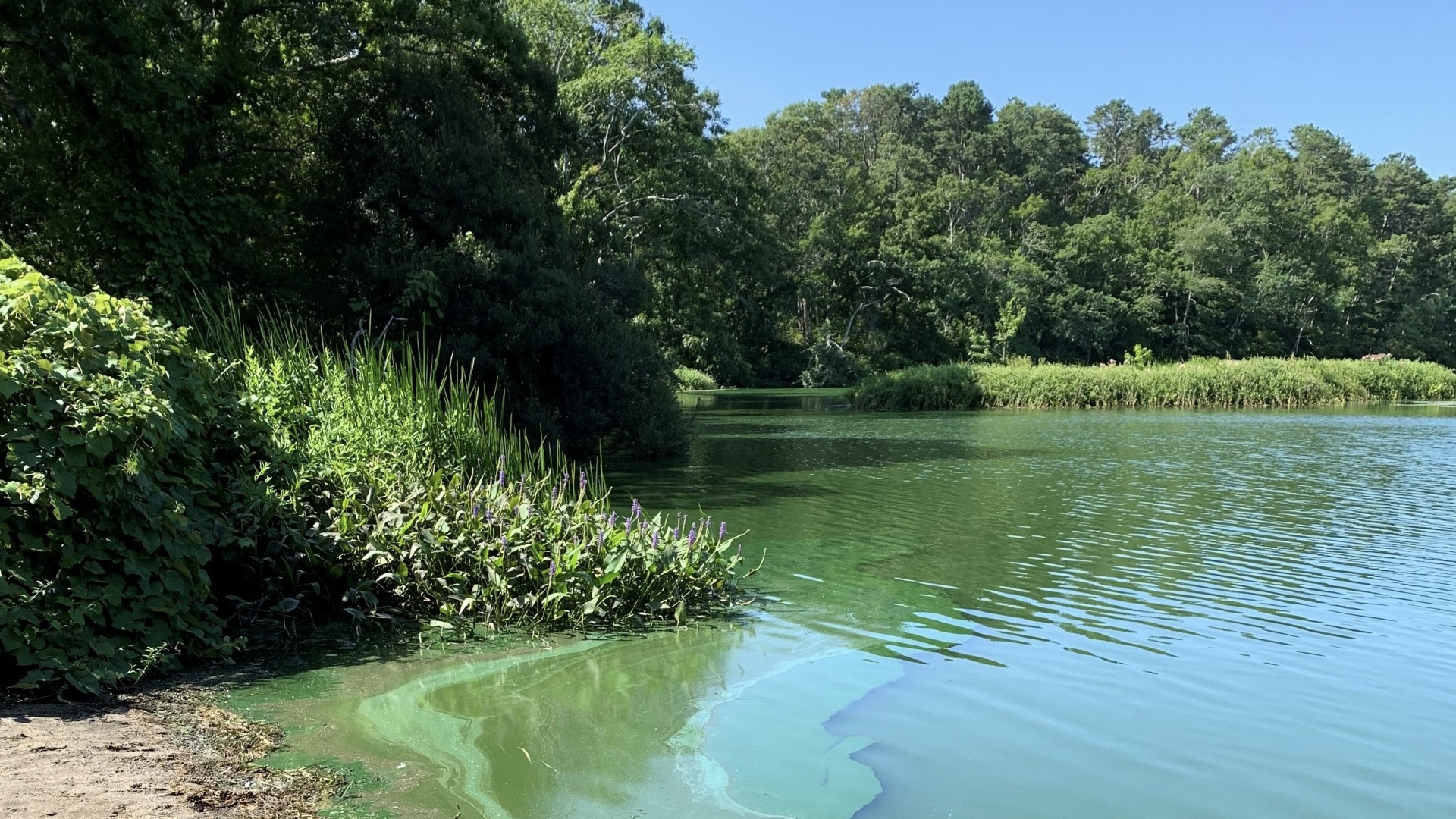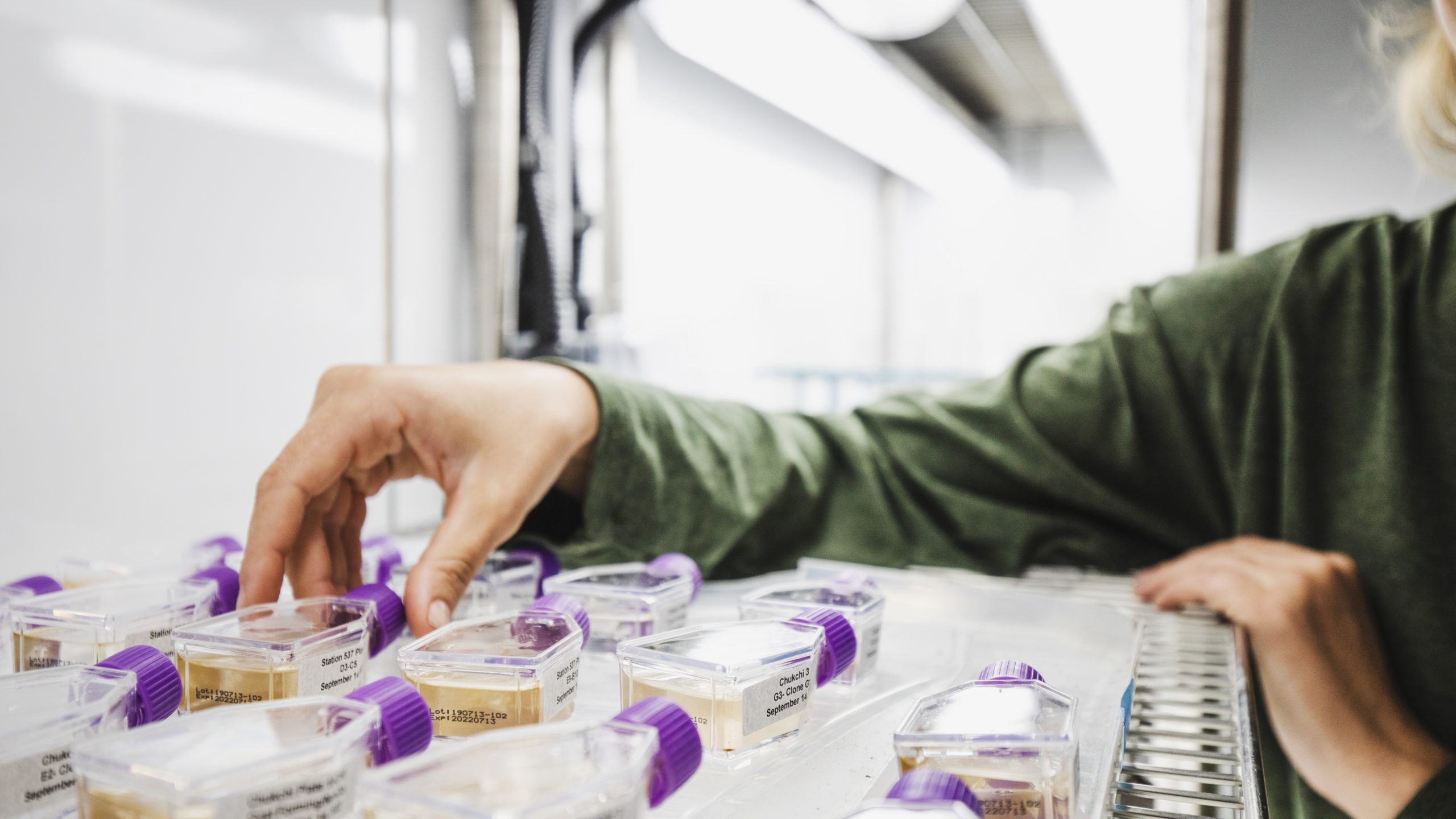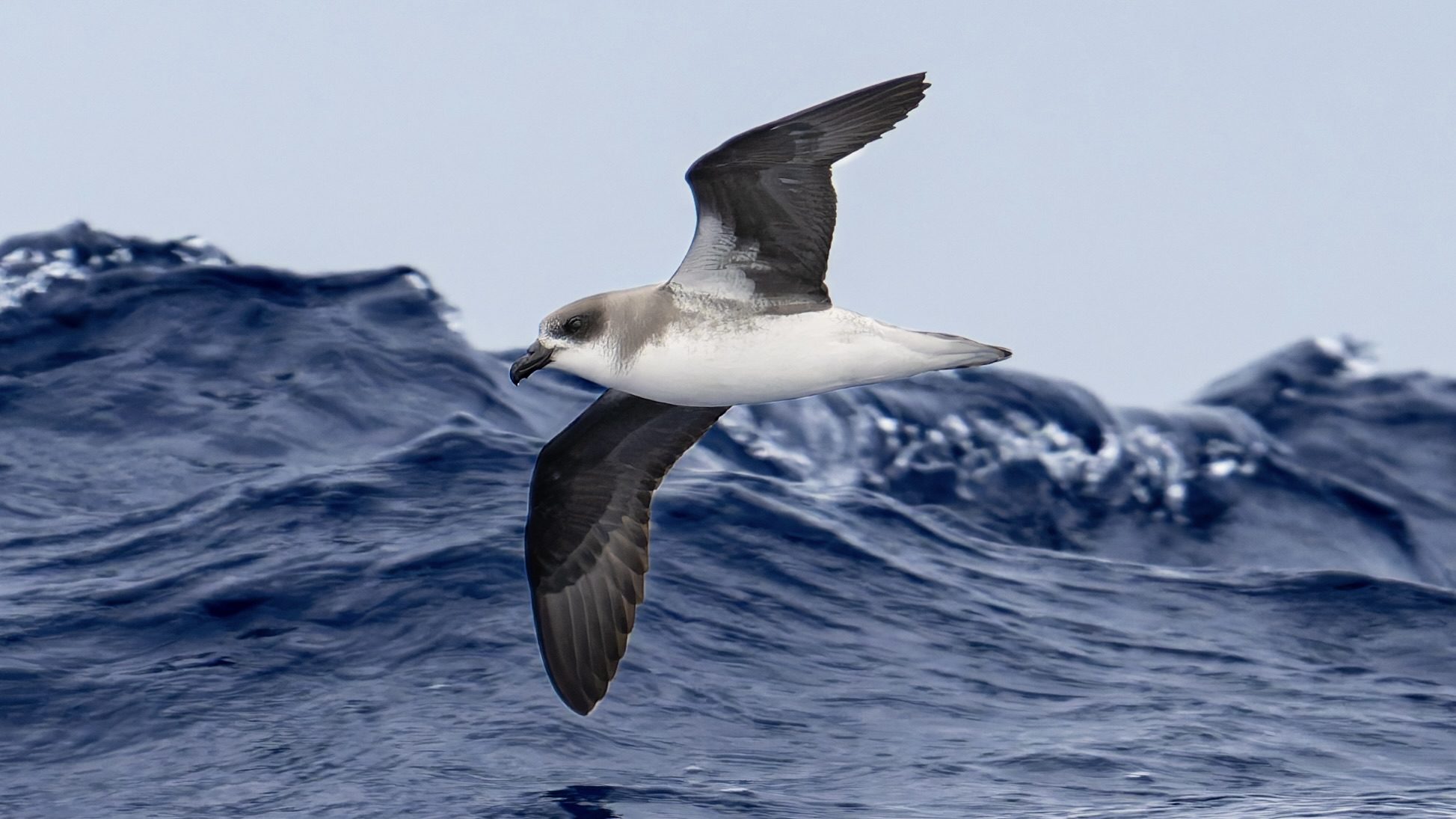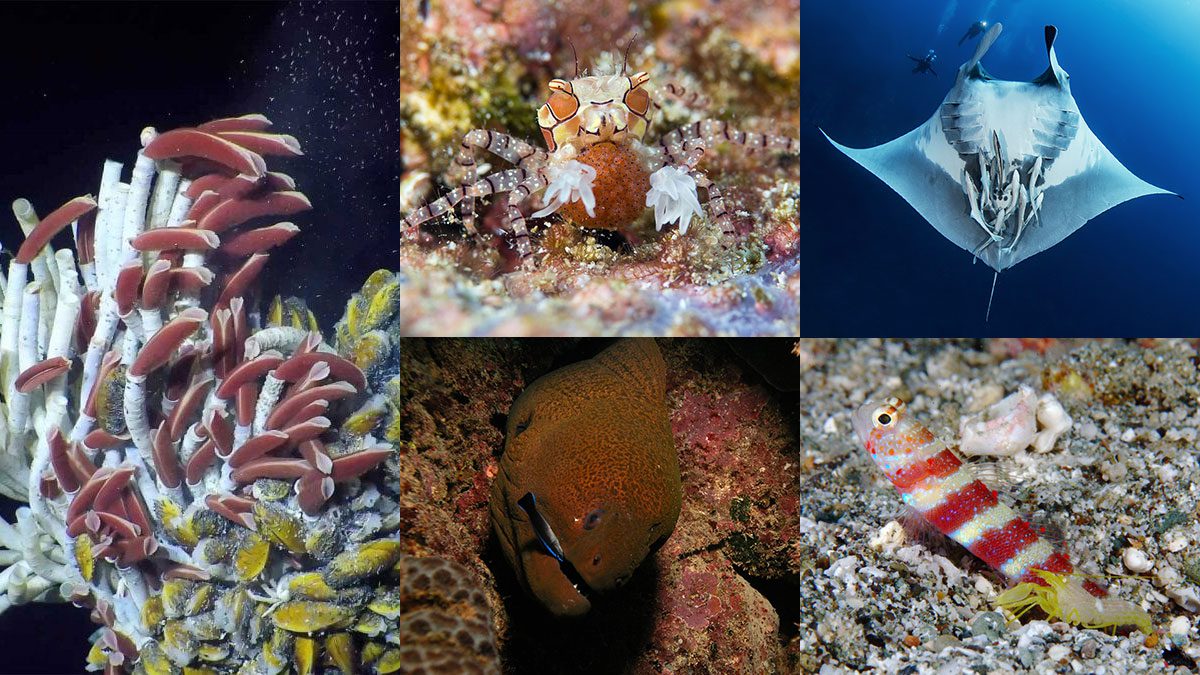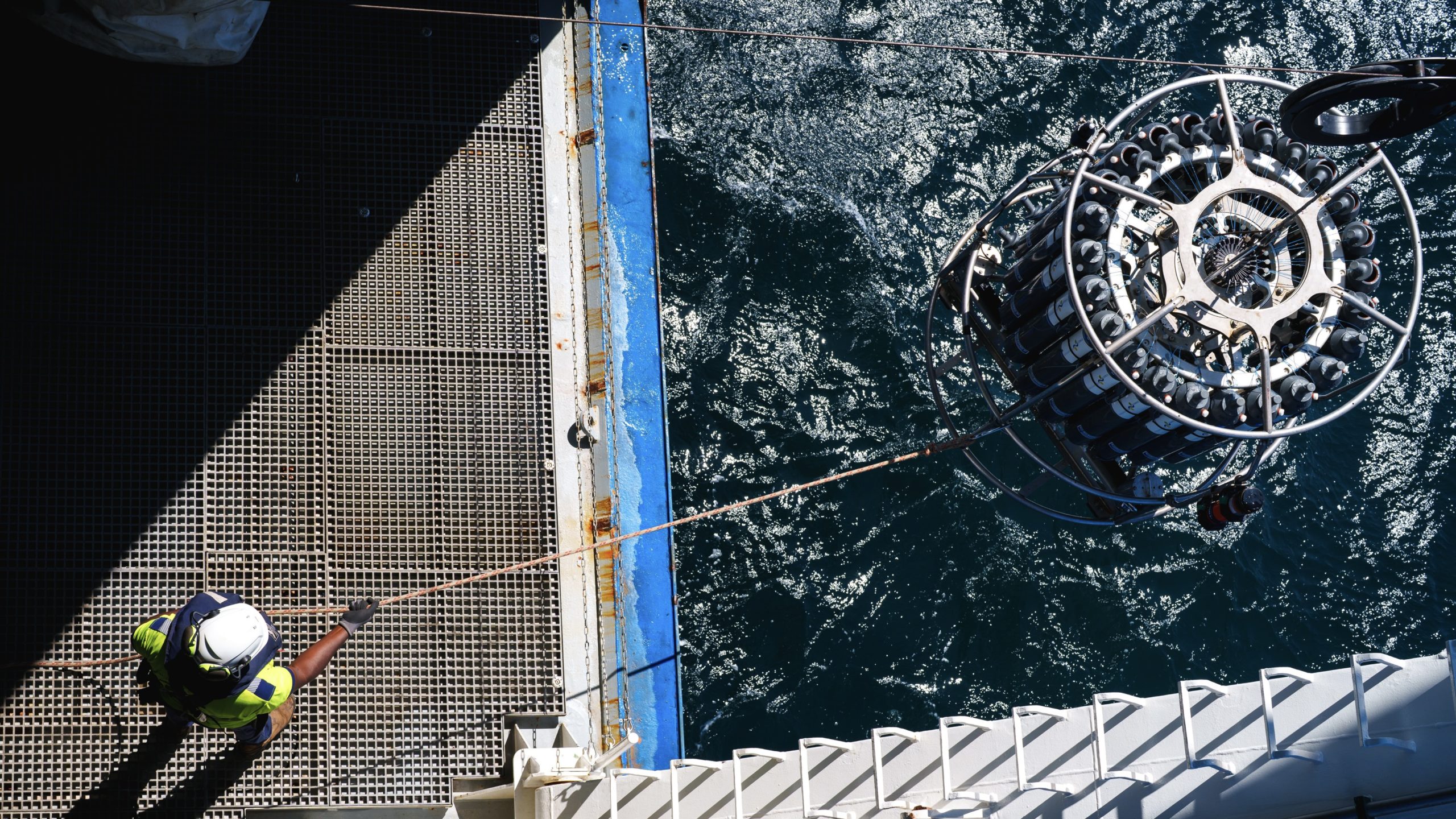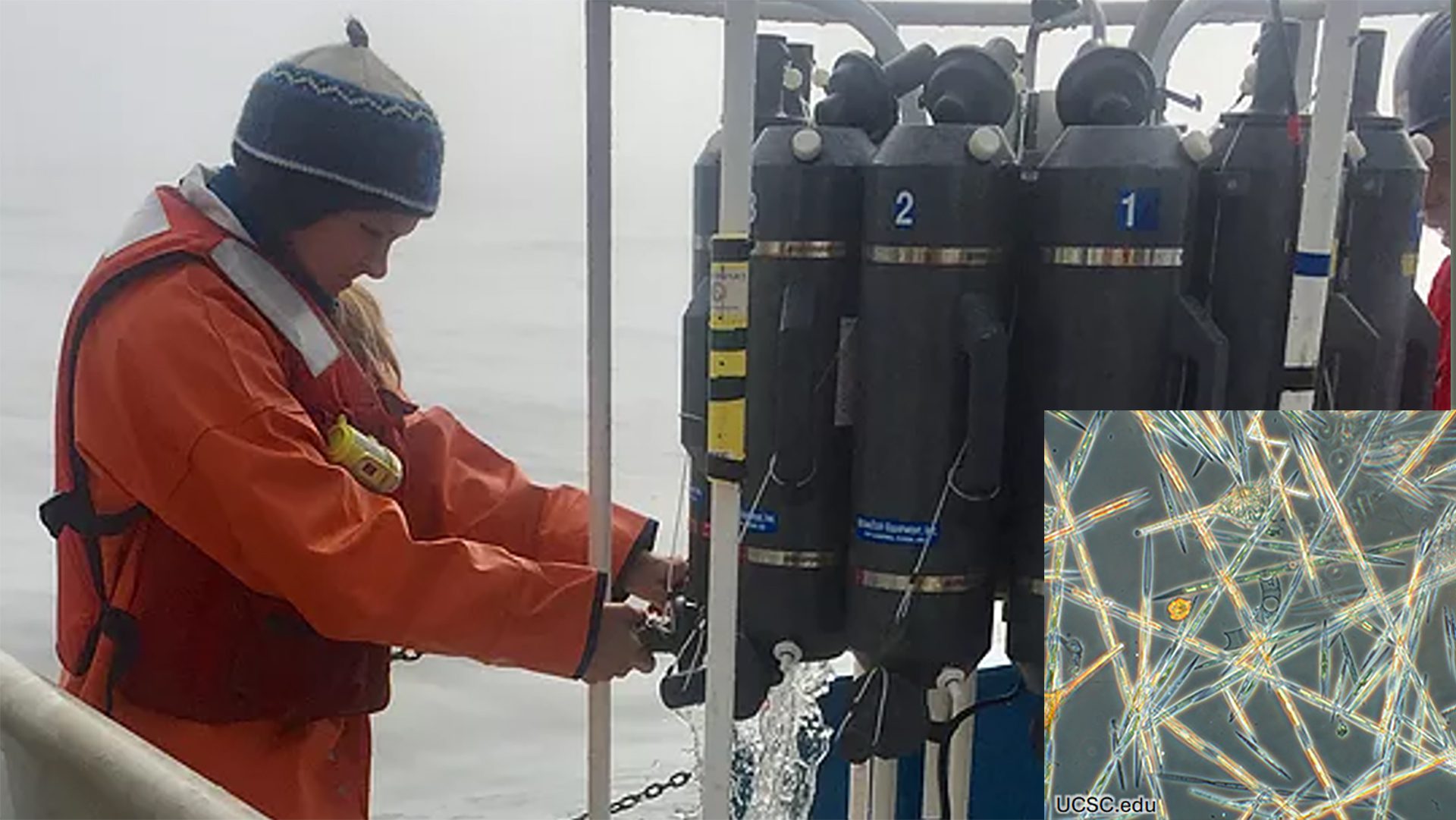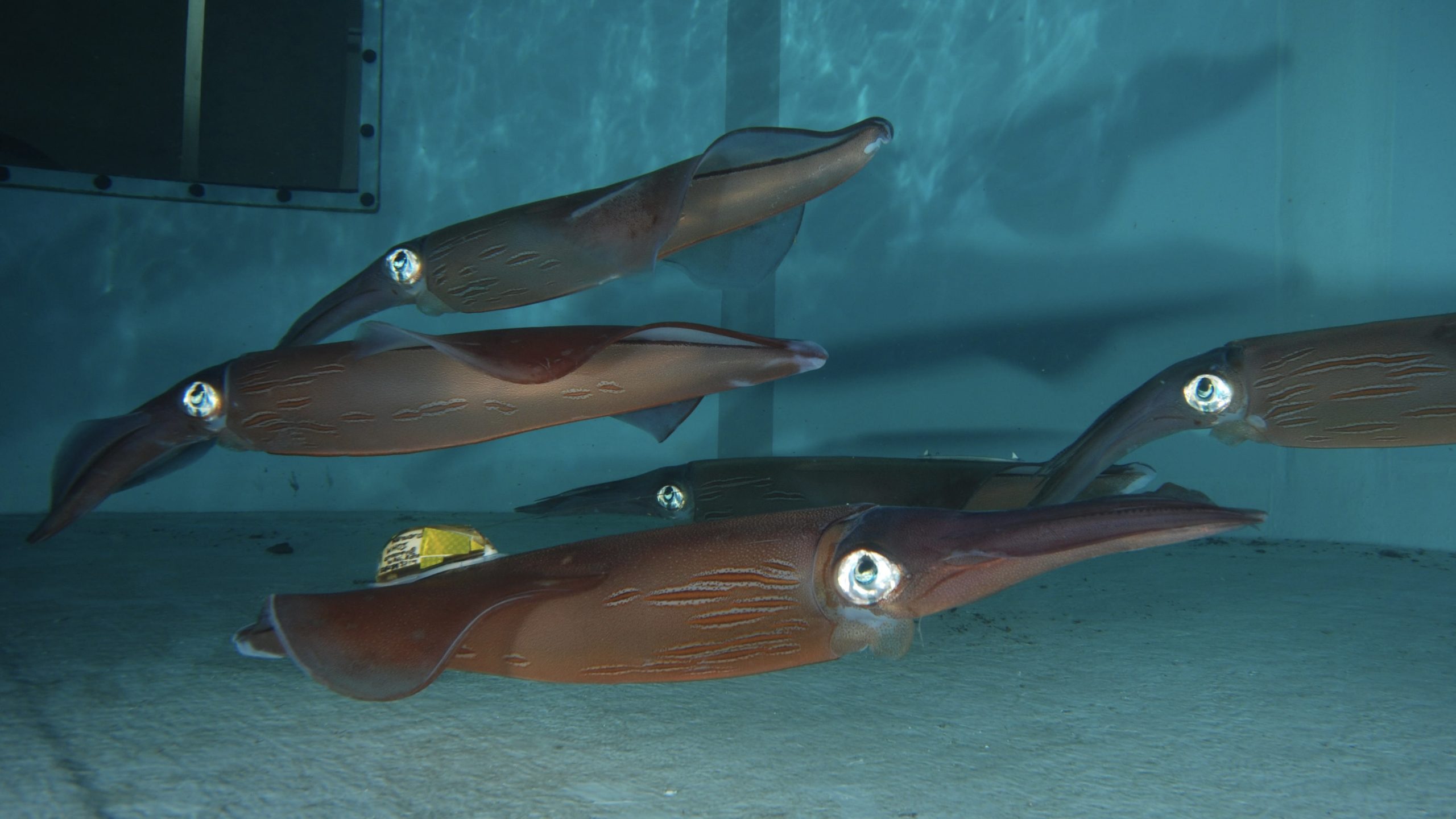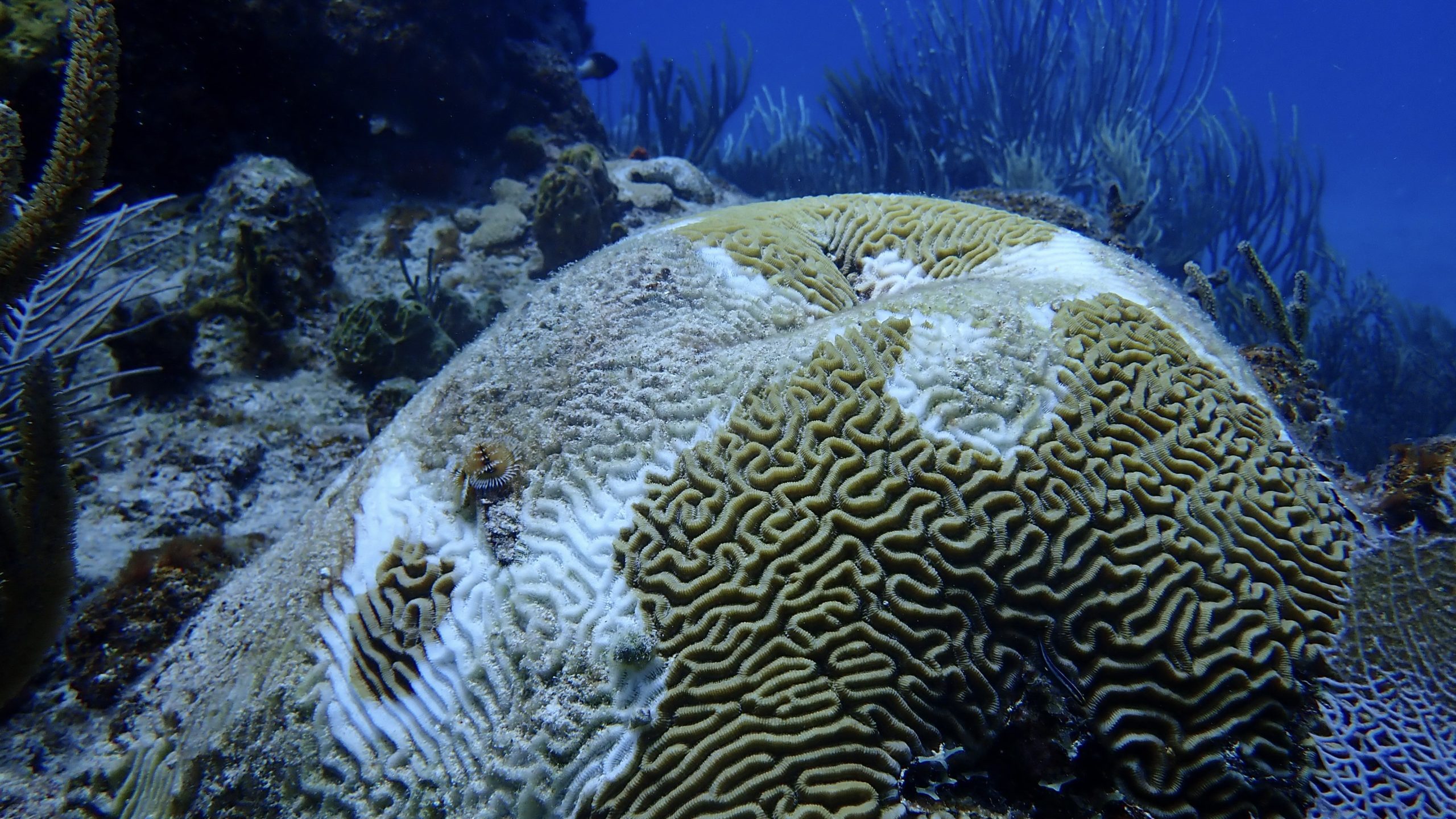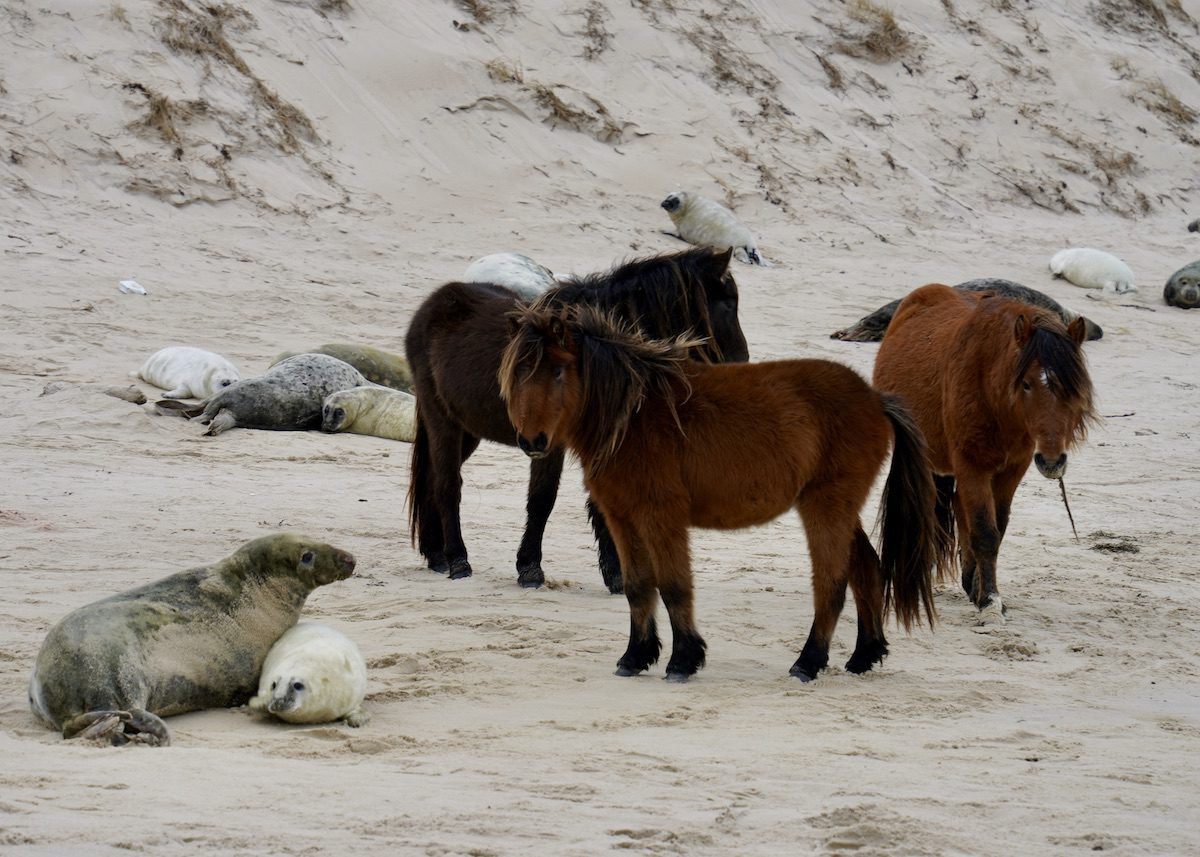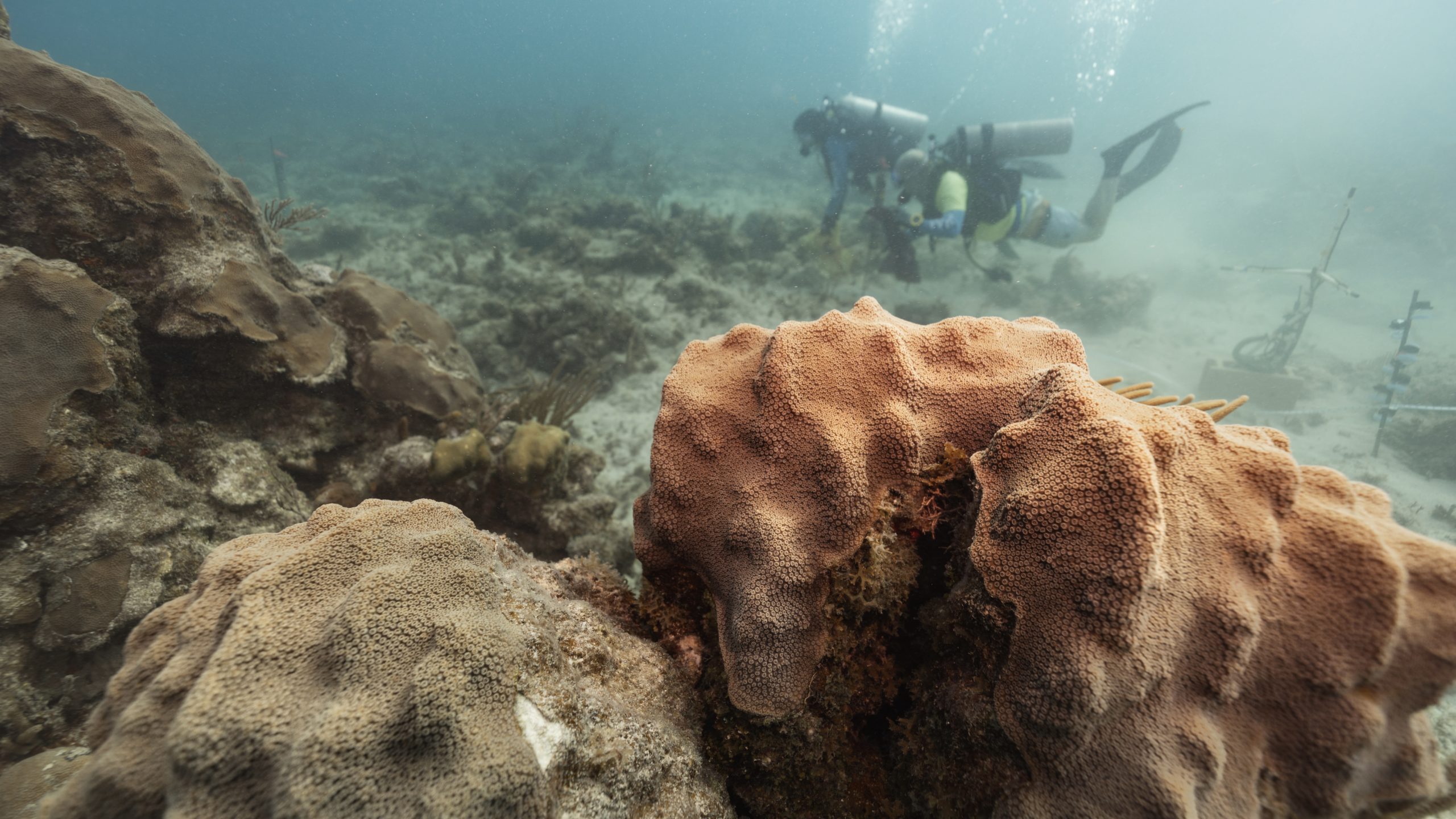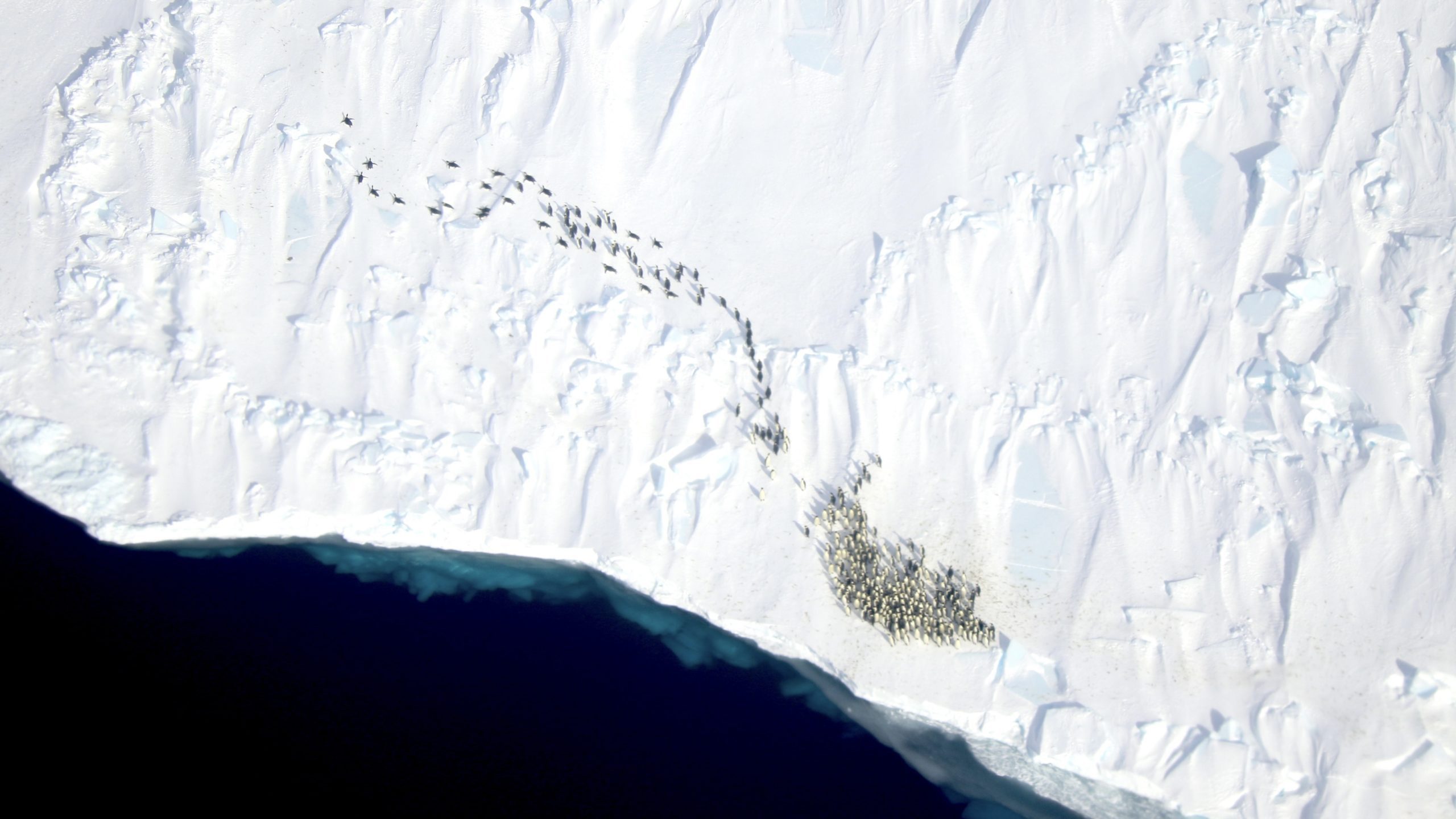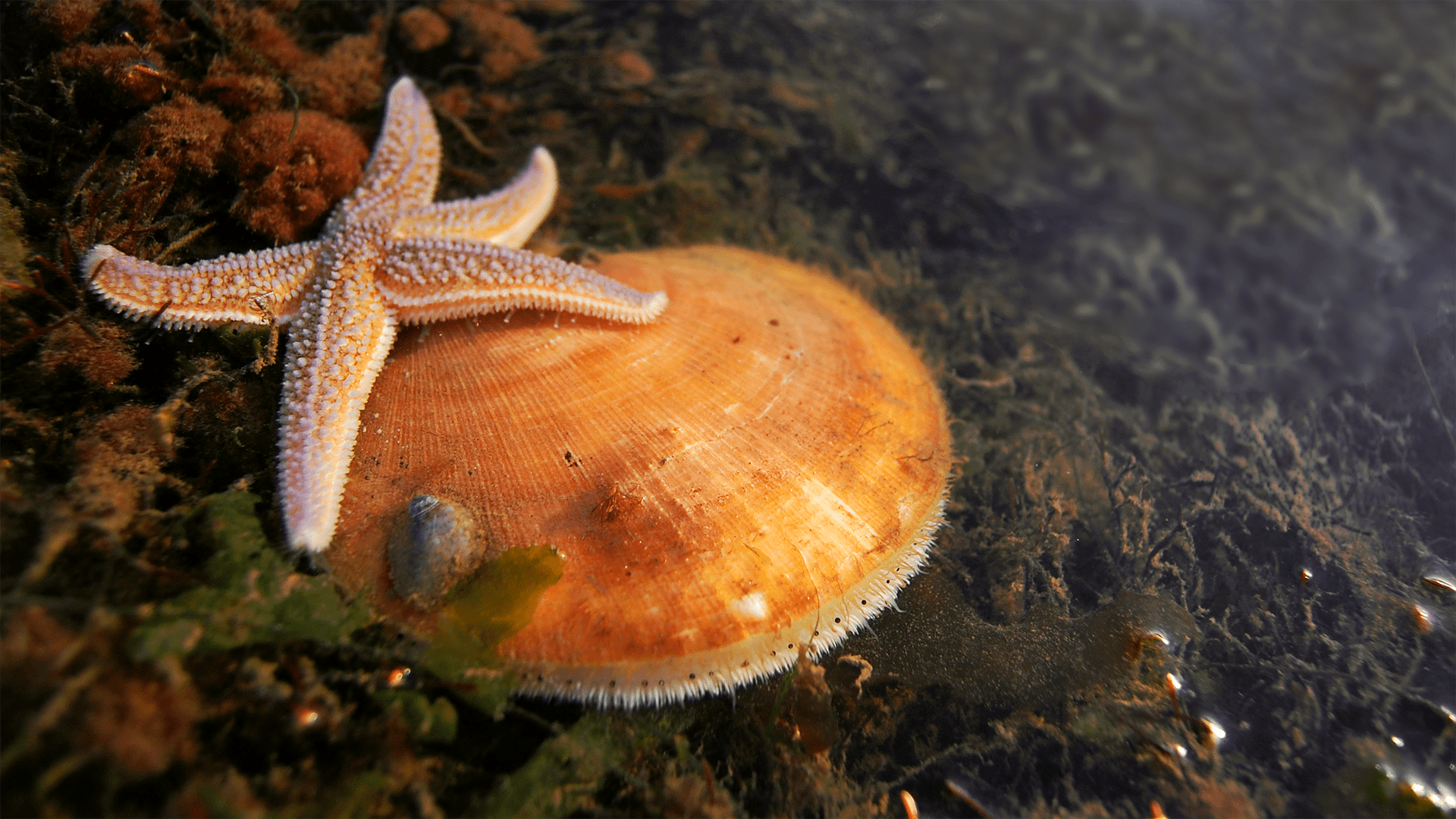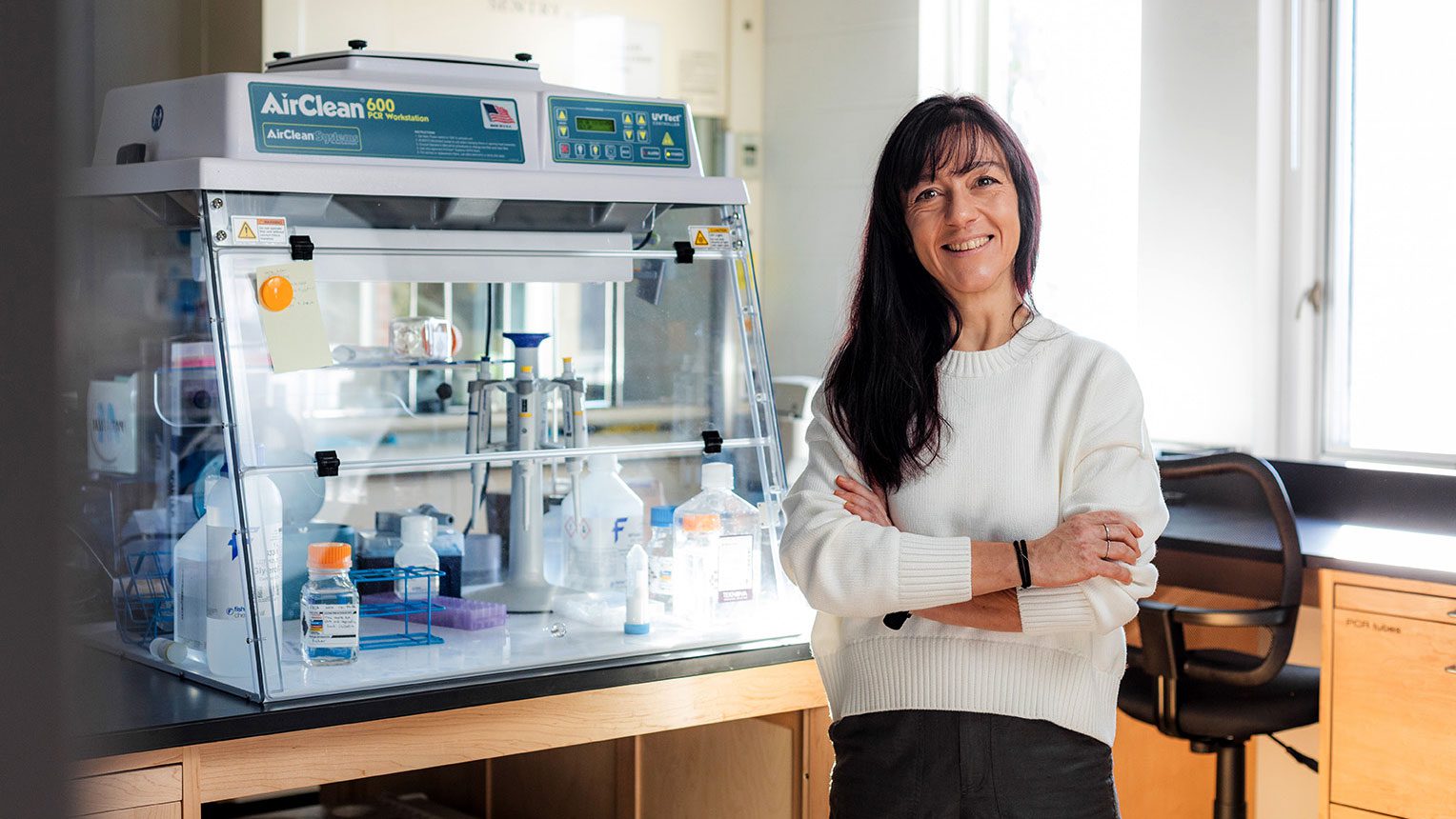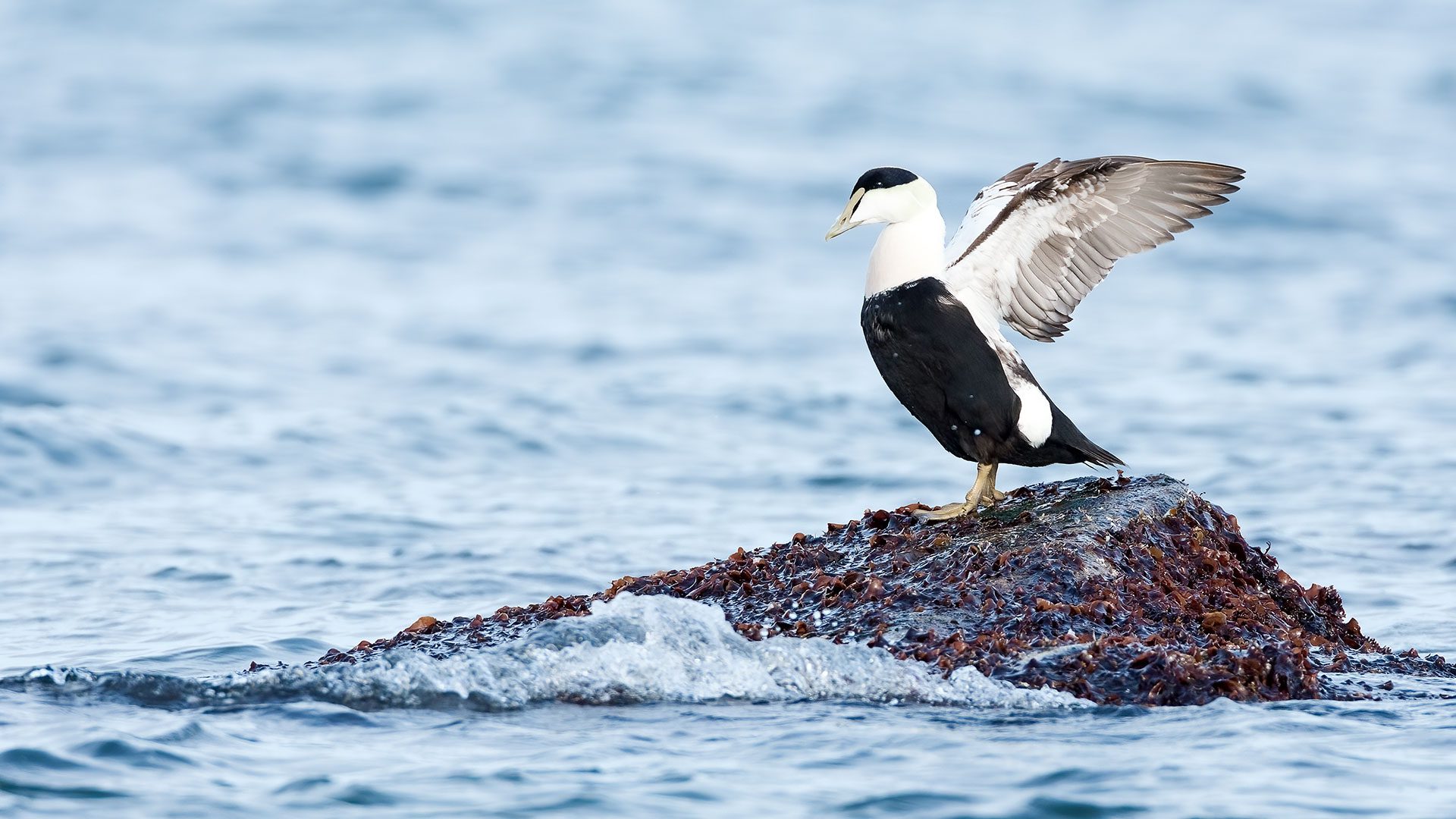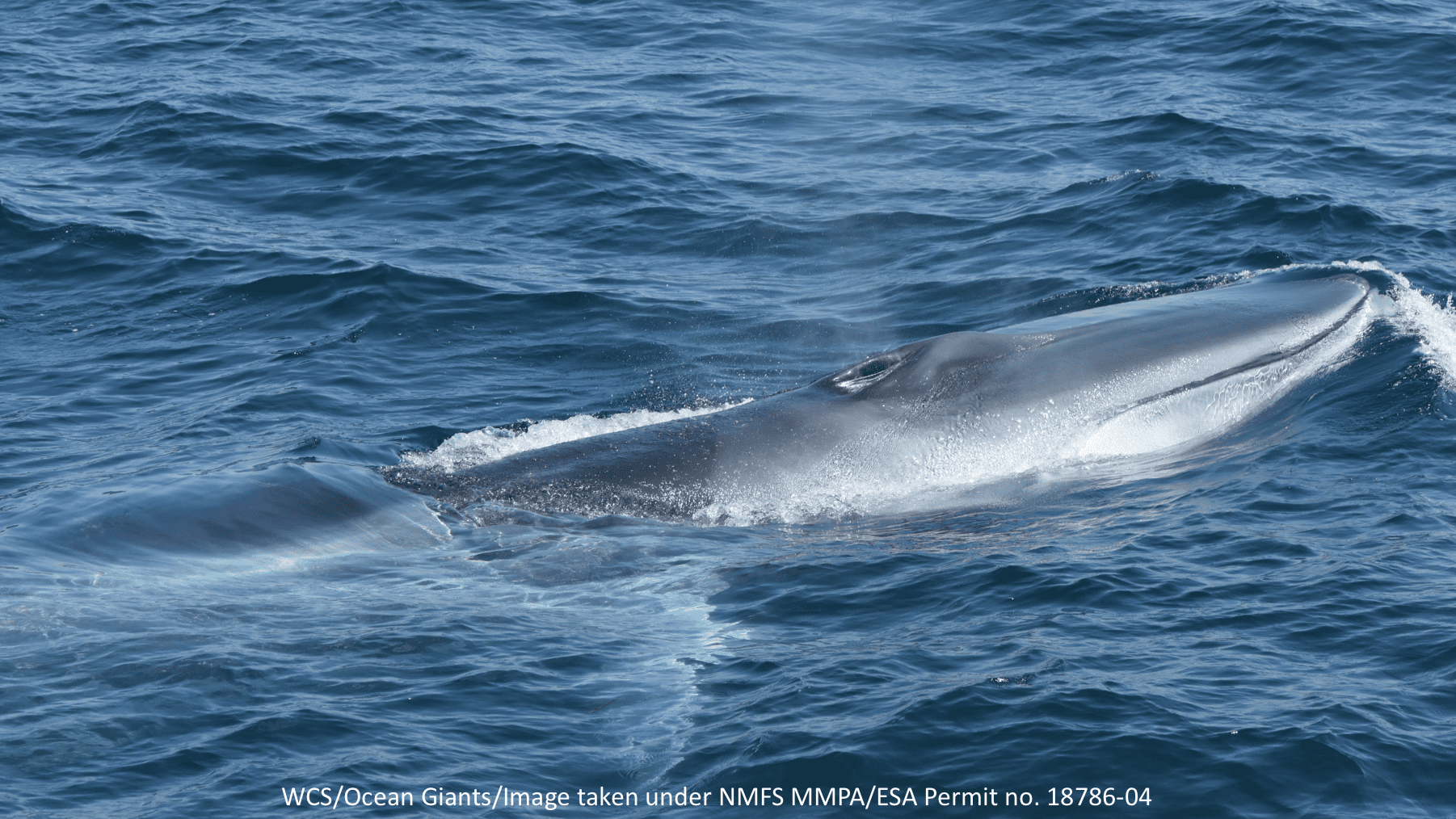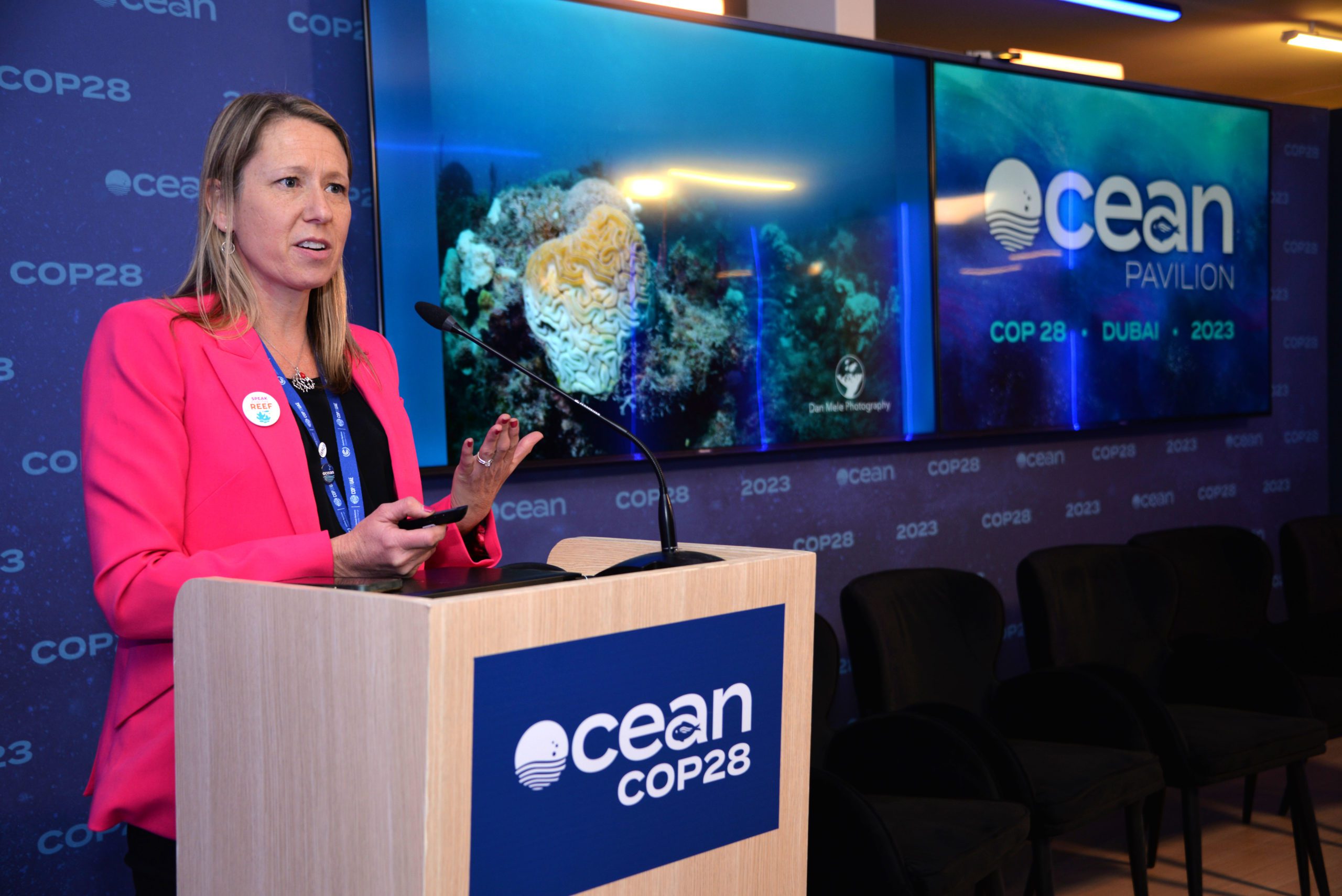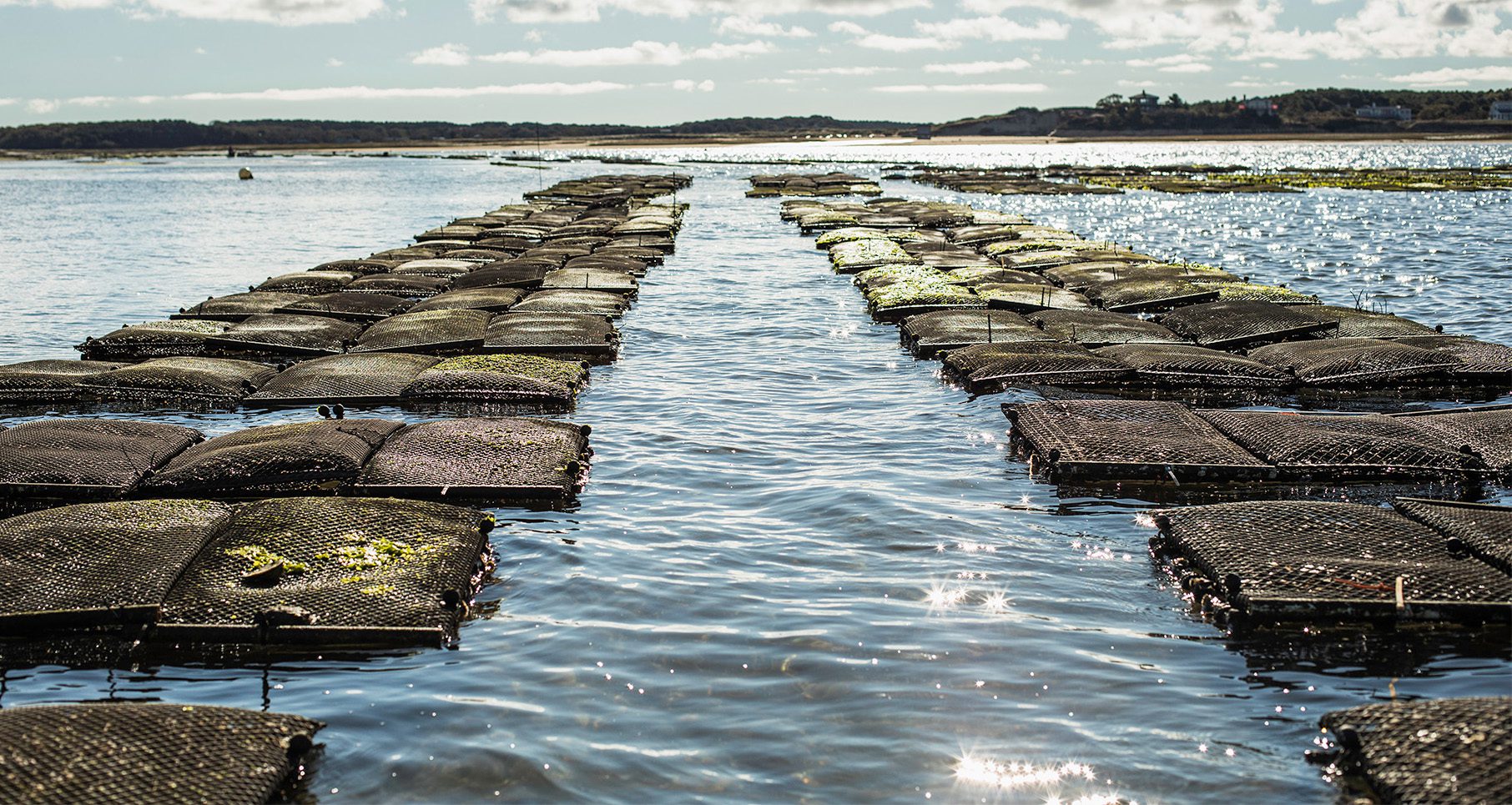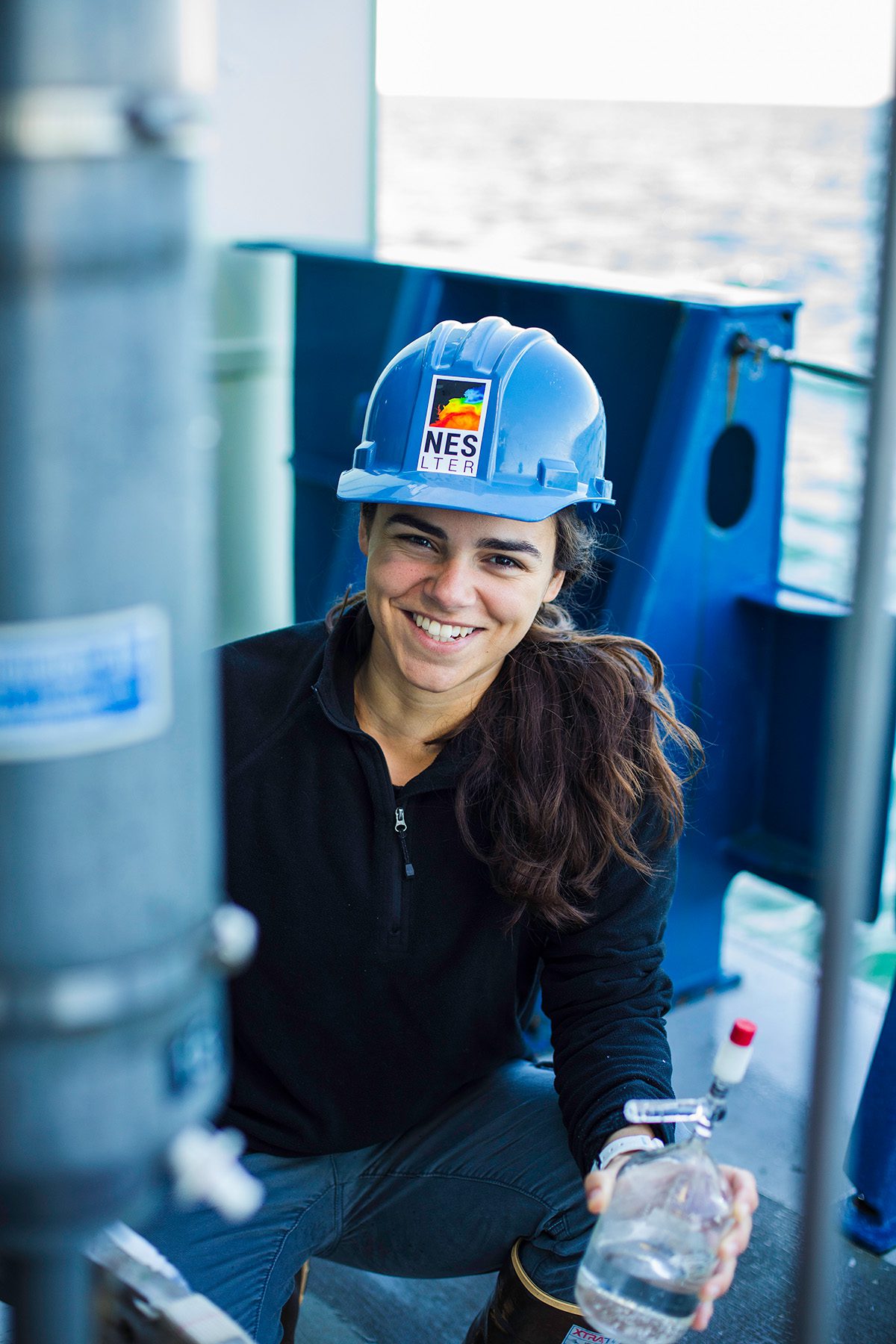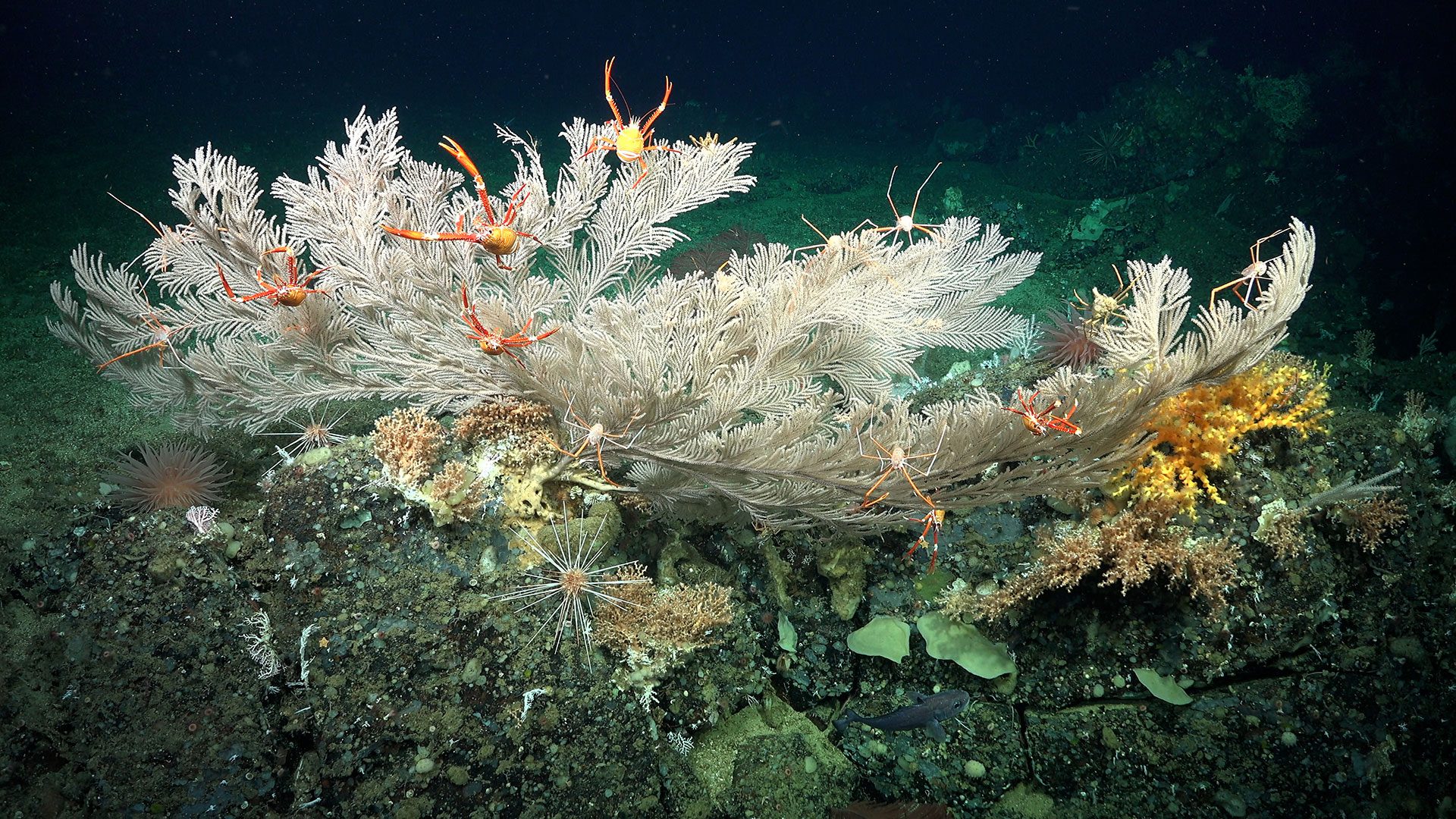Biology
Amenya Jean
Martyna Kowalska
New harmful algal blooms report
Updated national science strategy for harmful algal research and response builds on major accomplishments, findings.
Read MoreThe Detection of a Massive Harmful Algal Bloom in the Arctic Prompts Real-Time Advisories to Western Alaskan Communities
The potent toxicity of the 2022 HAB event “posed an unprecedented risk to human and ecosystem health.”
Read MoreGroundbreaking Study Reveals Oceanic Seabirds Chase Tropical Cyclones
A new study reveals that the rare Desertas Petrels, a wide-ranging seabird in the North Atlantic, exhibit unique foraging behaviors during hurricane season.
Read MoreYawkey Foundation and WHOI present: Ocean & Climate Outreach Series
Looking for a fun, free, interactive way to learn more about the mysteries of the ocean? WHOI & the Yawkey Foundation present the 2024 Ocean and Climate Outreach Series.
Read More5 unlikely ocean friendships
How certain marine species keep each other safe, fed, and healthy through symbiosis
Read MoreNew Technologies Revise Scientists’ Understanding of the Oxygen Minimum Zone
A new technology detects trace amounts of oxygen in an environment where previously these life-supporting molecules were below the limit of detection.
Read MoreWoods Hole Center for Oceans and Human Health Receives Additional Five Years of Funding
The National Institute of Environmental Health Sciences (NIEHS) and National Science Foundation (NSF) have announced that the Woods Hole Oceanographic Institution (WHOI) will receive funding to continue operating the Woods Hole Center for Oceans and Human Health (WHCOHH).
Read MoreA new tagging method for fragile marine species
Newly developed bioadhesive sensors (BIMS) are effective and less invasive than traditional tagging. Scientists can attach them with a thin layer of dried-hydrogel in less than 20 seconds.
Read MoreStudy: eDNA methods give a real-time look at coral reef health
Researchers from WHOI studied the microbes in coral reef water by examining eight reefs in the U.S. Virgin Islands over a period of seven years, which included periods of hurricane and coral disease disturbance.
Read MoreSeals and Wild Horses on Sable Island, Nova Scotia
While East Coast seal populations have dramatically increased in recent years, a staggering proportion of Sable Island seals don’t make it to their first birthday. WHOI biologist Michelle Shero is looking into the influence of iron in seal mothers’ milk on pup survival rates.
Read MoreSonic Youth: Healthy Reef Sounds Increase Coral Settlement
Researchers at WHOI demonstrated that replaying healthy reef sounds could potentially be used to encourage coral larvae to recolonize damaged or degraded reefs.
Read MoreHigh Resolution Imagery Advances the Ability to Monitor Decadal Changes in Emperor Penguin Populations
High resolution satellite imagery and field-based validation surveys have provided the first multi-year time series documenting emperor penguin populations.
Read MoreIs underwater construction noise leaving scallops defenseless?
Sea scallops expend a lot of energy reacting to noisy pile drivers
Read MoreOur eyes on the seafloor
A Q&A with WHOI marine microbiologist Maria Pachiadaki on sampling the deep ocean with Jason
Read MoreWintering Waterbirds
Winter doldrums? Take a local birding trip to encounter a diversity of seabirds this season
Read MoreMaria Pachiadaki
Marine Microbiologist
Read MoreNew Research Reveals: The New York Bight Is an Important Year-Round Habitat for Endangered Fin Whales
Researchers aim to use their science to help inform best practices and strategies to better protect fin whales in waters off NY and NJ Woods Hole, Mass. – The New…
Read MoreIsabel Honda
MIT-WHOI Joint Program student
Read MoreWHOI’s Amy Apprill "speaks for the reefs" at COP28
A COP28 Moment with WHOI microbial ecologist Amy Apprill.
Read MorePuzzling over a mollusk mystery
What’s causing a contagious cancer to spread among clams?
Read MoreAlexandra Cabanelas Bermudez
MIT-WHOI Joint Program student
Read MoreScientists Discover Additional Healthy Deep-sea Coral Reefs and New Seamounts in the Galápagos
Stunning 800 meter-long coral reef discovered with Schmidt Ocean Institute’s underwater robot off Galápagos Islands Puerto Ayora, Ecuador– Scientists examining underwater cliff ecosystems onboard research vessel Falkor(too) using the 4,500…
Read More


